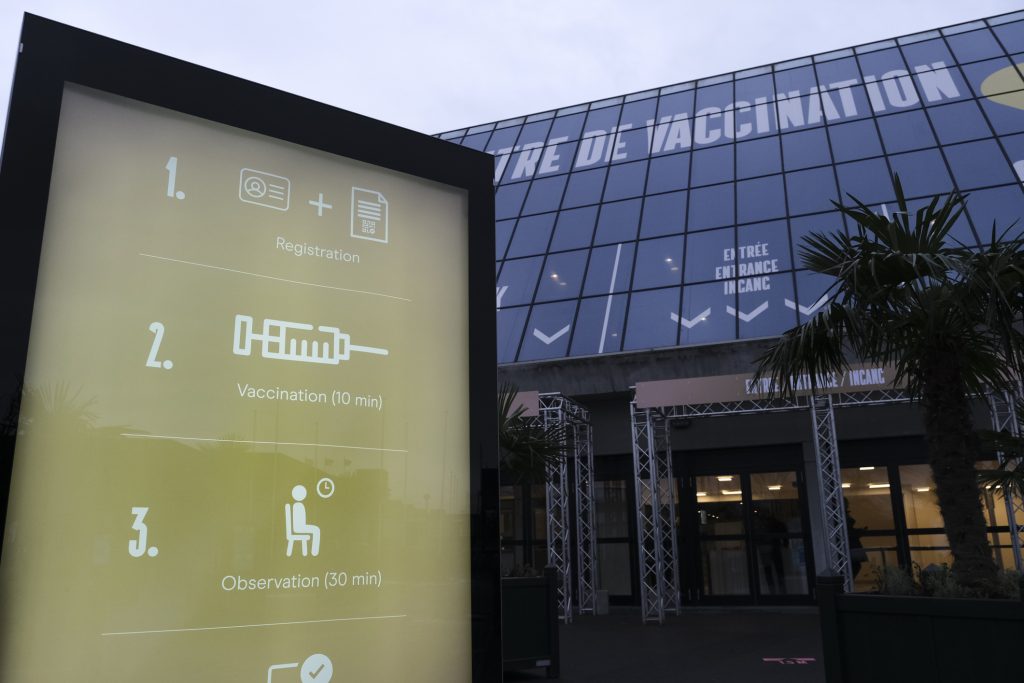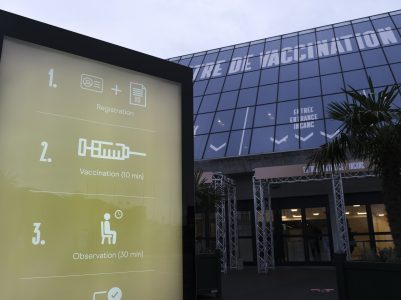By Katherine Marshall, G20 Interfaith Association Vice President, World Faiths Development Dialogue (WFDD), Berkley Center.
– – –
The annual “spring meetings” of the International Monetary Fund and the World Bank and associated events dominated global agendas from April 4-11. They included discussions among G7 and G20 leaders. The events highlighted the critical issues that face global leaders and institutions, centered on the COVID-19 emergencies and their impact both on health and human welfare. Environmental topics were also woven through the discussions.
More than in prior years, there was visible engagement of religious actors in the events. Of special significance are a two page letter to the multilateral institutions from Pope Francis, a joint call by Archbishop Justin Welby and Cardinal Vincent Nichol focused on foreign assistance during the crisis, and active engagement of the religiously led coalition Jubilee USA. An unusual (without recent precedent) meeting between the US Treasury Secretary Janet Yellen and a group of religious actors before the meetings highlighted both the opportunity and focus of dialogue and engagement at this critical point in history.
A Focus on COVID-19
The COVID-19 crisis dominated the agendas from start to finish. A group of former finance ministers termed it “the biggest threat to human prosperity and a healthy planet in close to a century,” encouraging the Italian G20 presidency to initiate an emergency summit to this end.
Vaccination was a clear priority: “Vaccine policy this year and next will be an even higher priority than the traditional tools of fiscal and monetary policy to ensure a recovery from the crisis. Without it we cannot turn the fate of the world economy around,” observed Kristalina Georgieva, IMF Managing Director. Leader after leader stressed the critical importance of rapid and equitable vaccination against COVID-19: “Global vaccination may well be the highest return public project ever identified” (Vitor Gaspar, IMF Director of Fiscal Affairs).

A Letter from Pope Francis
The letter from Pope Francis (dated April 4, issued publicly on April 8) was directed to the meetings’ participants and highlighted responses to the series of “grave and interrelated socio-economic, ecological, and political crises. The discussions, he hopes, will “contribute to a model of “recovery” capable of generating new, more inclusive and sustainable solutions to support the real economy, assisting individuals and communities to achieve their deepest aspirations and the universal common good.
He warned against a notion of recovery content with “a return to an unequal and unsustainable model of economic and social life, where a tiny minority of the world’s population owns half of its wealth.” Trust, inclusion of all, especially those at the margins of society, and “new and creative forms of social, political and economic participation” are central themes. A “culture of encounter” can allow every voice to be heard and all to thrive.
The Pope advocates “a global plan that can create new or regenerate existing institutions, particularly those of global governance, and help to build a new network of international relations for advancing the integral human development of all peoples, giving poorer and less-developed nations an effective share in decision-making and facilitating access to the international market.”
The letter focuses also on “ecological debt” between the global north and south, that can be paid by significantly limiting consumption of nonrenewable energy, assisting poorer countries to enact policies and programs of sustainable development, and covering the costs of the innovation. Much more is needed than “sporadic acts of generosity.”
“It is time to acknowledge that markets – particularly the financial ones – do not govern themselves. Markets need to be underpinned by laws and regulations that ensure they work for the common good, guaranteeing that finance – rather than being merely speculative or financing itself – works for the societal goals so much needed in the context of the present global healthcare emergency.”
Pope Francis was among those calling for further action to reduce further the debt burden of the poorest nations, calling it “a profoundly human gesture that can help people to develop, to have access to vaccines, health, education and jobs” and just and financed “vaccine solidarity.”
A Conclusion Calling for More
Eric LeCompte, the Executive Director of Jubilee USA, monitors IMF and World Bank meetings and is an indefatigable advocate focused on reforms in approaches to debt. His concluding statement on the meetings presented a mixed picture of progress and disappointments: “While we’ve made some significant progress in combating the coronavirus crisis, this week’s meetings lacked ambition and should be defined as a lost opportunity.” Limited action on long term debt restructuring was the main concern, as well as on vaccine access to poor countries. “The importance of private creditors in debt relief is a theme throughout the Spring meetings, but not a single solution to promote their involvement has been raised this week.” Planned action to advance concessional funding through IDA was praised.
– – –
Professor Katherine Marshall is a senior fellow at the Berkley Center for Religion, Peace, and World Affairs at Georgetown University. She serves as the vice president of the G20 Interfaith Association and executive director of the World Faiths Development Dialogue, and worked at the World Bank from 1971 to 2006, tackling development issues in the world’s poorest countries.


